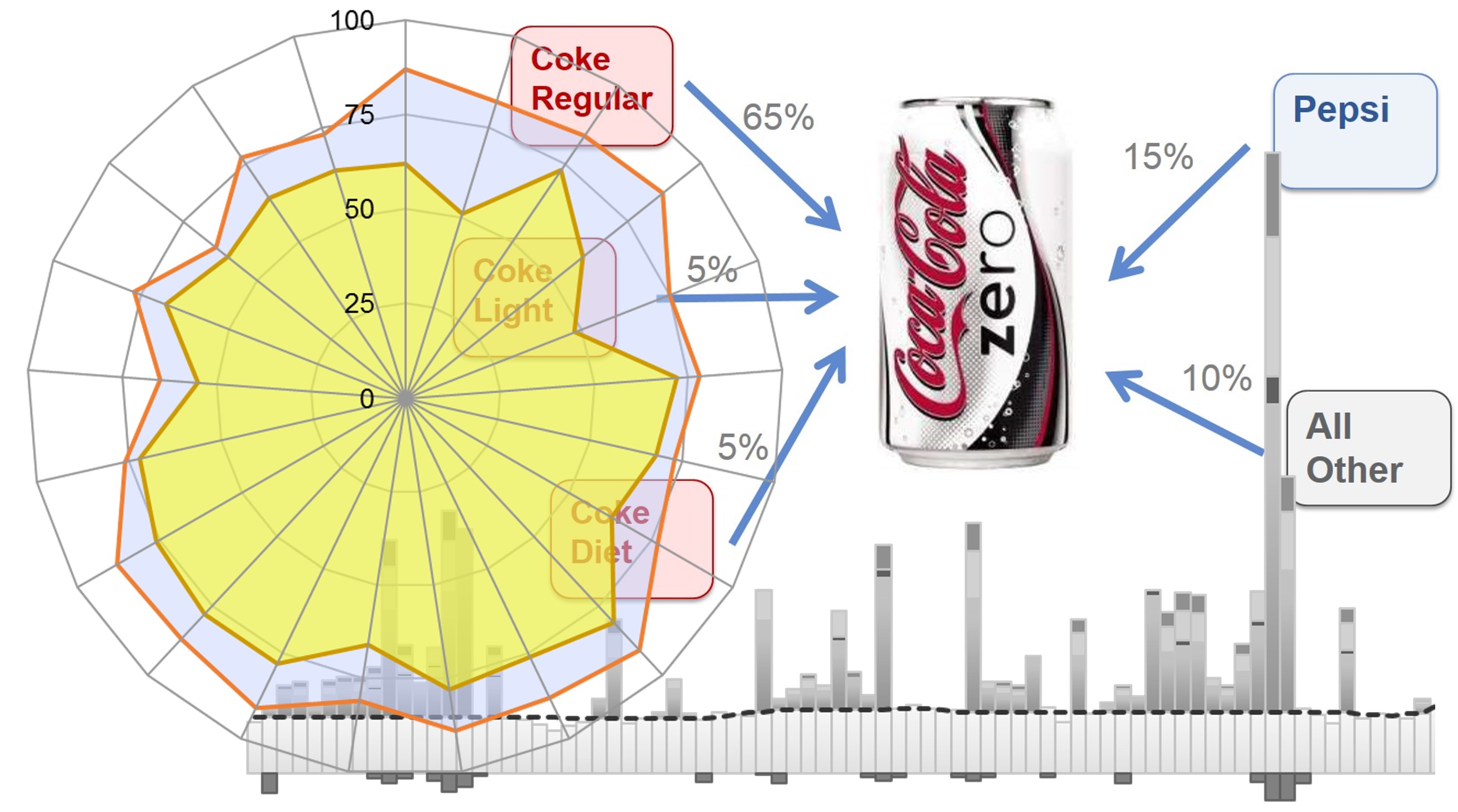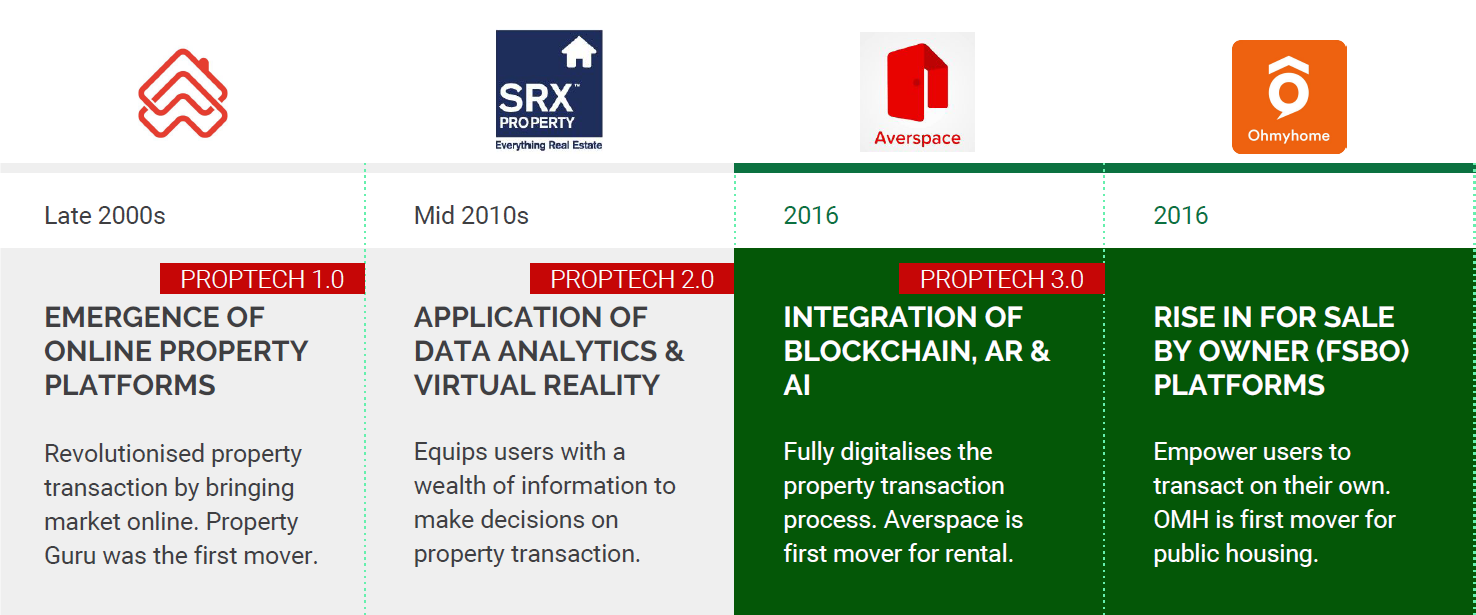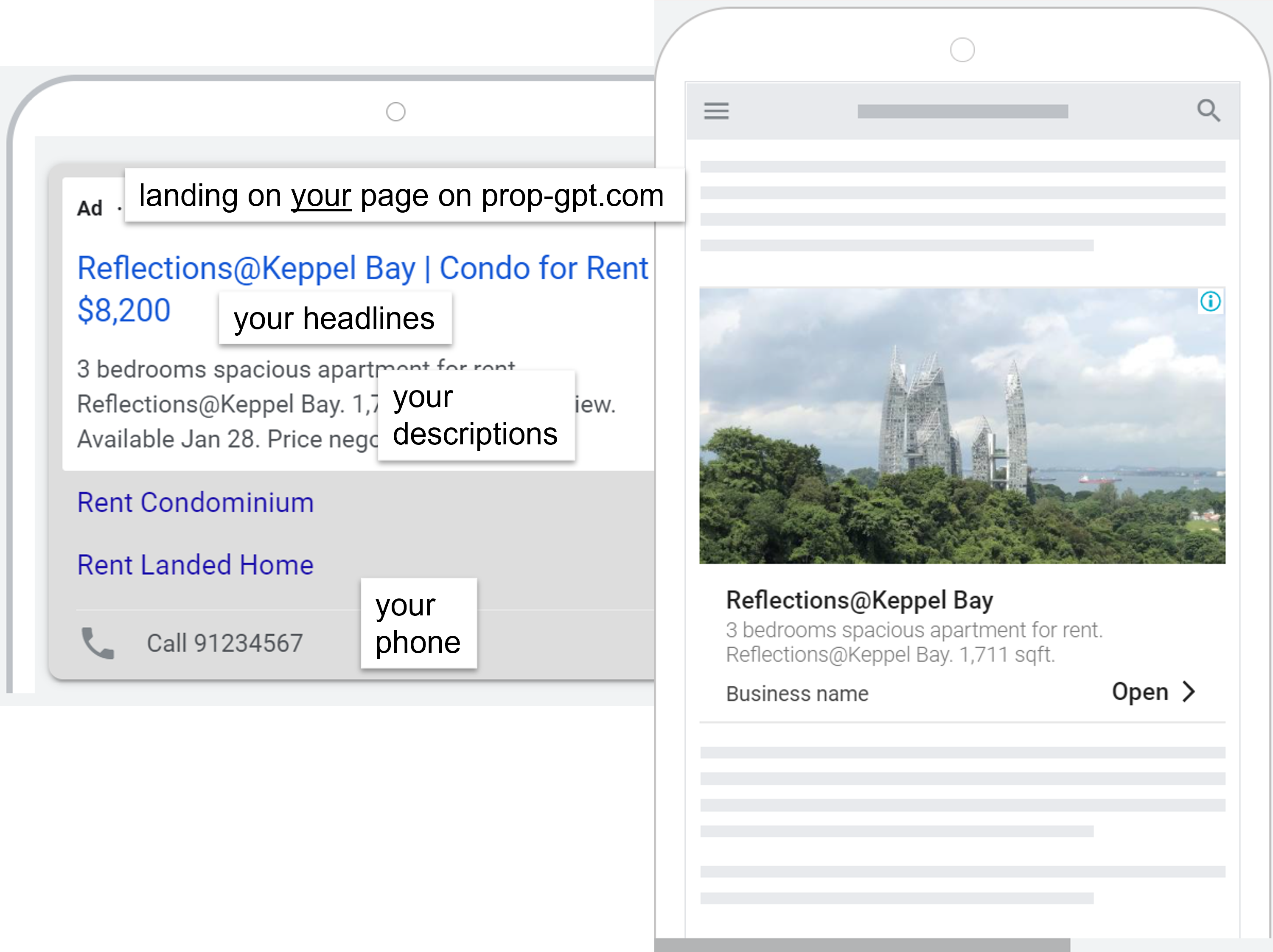-
Digital — Execution
Digital Plan
Build Website
Languages that enable the World Wide Web
Hosting Website
Web Server
Content Management System (CMS)
Optimize for Search Engines
Social Listening
Advocacy/Buzz Marketing
Promote on Social Media
Advertising
Search Advertising
Native Advertising
Retargeting
Conversion — Digital Marketing Funnel
Gated Offers
Nurturing Leads
Monitoring Performance
Performance Metrics
Website Grading Tools
Prop-GPT — Case Example
- New Media
- Digital Marketing
- YouTube
- SEO
- Search Advertising
- Web Analytics
- Execution
- Case — Prop-GPT
- Marketing Education
- How to Choose the Right Marketing Simulator
- Self-Learners: Experiential Learning to Adapt to the New Age of Marketing
- Negotiation Skills Training for Retailers, Marketers, Trade Marketers and Category Managers
- Simulators becoming essential Training Platforms
- What they SHOULD TEACH at Business Schools
- Experiential Learning through Marketing Simulators
-
MarketingMind
Digital — Execution
Digital Plan
Build Website
Languages that enable the World Wide Web
Hosting Website
Web Server
Content Management System (CMS)
Optimize for Search Engines
Social Listening
Advocacy/Buzz Marketing
Promote on Social Media
Advertising
Search Advertising
Native Advertising
Retargeting
Conversion — Digital Marketing Funnel
Gated Offers
Nurturing Leads
Monitoring Performance
Performance Metrics
Website Grading Tools
Prop-GPT — Case Example
- New Media
- Digital Marketing
- YouTube
- SEO
- Search Advertising
- Web Analytics
- Execution
- Case — Prop-GPT
- Marketing Education
- How to Choose the Right Marketing Simulator
- Self-Learners: Experiential Learning to Adapt to the New Age of Marketing
- Negotiation Skills Training for Retailers, Marketers, Trade Marketers and Category Managers
- Simulators becoming essential Training Platforms
- What they SHOULD TEACH at Business Schools
- Experiential Learning through Marketing Simulators
Prop-GPT — Case Example
Prop-GPT serves as an illustration of the challenges facing eCommerce start-ups in the competitive property sector. Despite having a distinct business proposition and features that benefit key players in the property ecosystem, as a late entrant, the portal struggles to gain a foothold against well-established competitors.
Singapore’s Property Portals
The emergence and growth of online property sites disrupted the way properties are transacted, fundamentally altering how prospective buyers and tenants search for properties, and how they connect with property owners and their agents. Initially, these platforms provided basic listing services, but over time they grew more sophisticated through the use of technologies such as data analytics, virtual reality, block chain and artificial intelligence (refer to Exhibit 28.13). As their role expanded, and as their influence grew, the portals displaced conventional classified advertisements as the primary channel for connecting buyers with sellers and tenants with landlords.
Today, real estate agency offices are no longer as ubiquitous as they used to be, and traditional methods of advertising properties such as billboards, yellow pages, telephone directories, and radio/TV have sharply declined. Instead, property portals are the primary advertising channels.
In this new world, the real estate agents and agencies have lost some control of a key element of their marketing mix — advertising. In the context of search marketing, the property sites have become the advertisers, directing their search advertising towards generating traffic to their portals. To gain more visibility for their properties within the portals, agents need to pay to boost their listings.
With the advent of For Sale by Owner (FSBO) portals, it has become practical and viable for property owners to manage their property transactions entirely on their own, bypassing property agents altogether. Portals such as Prop-GPT and OhMyHome allow property owners to create their own property listings, upload photos, and transact their properties. With these portals, property owners can save money on commission fees typically charged by real estate agents, and have greater control over the entire buying or renting process.
Despite these disruptions, property agents remain deeply entrenched in the industry. The impact of FSBO portals is still relatively small, and while the agents rely heavily on online platforms to connect with prospects, they continue to play a key role in the transaction process.
The leading online property portals in the crowded Singapore property market include PropertyGuru, iProperty, SRX, 99.co, EdgeProp, and RealHome. Additionally, the FSBO segment includes Carousell, OhMyHome, DirectHome, and Soho. PropertyGuru, as the first-mover into the market, remains a dominant force with the company claiming that its portal accounted for 70% of the market transactions in 2022, with more than 5.5 million property hunters in Singapore using their site every month.
As a result of its dominant market share, PropertyGuru has an extraordinary amount of leverage over its core customers, the property agents and real estate agencies, and has become notorious for its price hikes. Two years after a backlash over prices, PropertyGuru adjusted prices upwards by a further 10% to 25% across its four service packages in September 2021. While these tactics led to a significant increase in PropertyGuru’s margins in Singapore and fuelled its growth into other markets, they also resulted in an increase in property agents’ cost of doing business.
Prop-GPT
Exhibit 28.14 Illustration of how prop-gpt.com advertises for property agents/owners. When prospects click the ad, they land directly on the property’s webpage.
When Prop-GPT entered this saturated market in 2023, it
had to confront well entrenched players. To outflank these competitors, Prop-GPT positioned
itself as a unique advertising channel for property listings. Unlike other portals that charge
subscription or listing fees and then advertise their portals instead of the properties,
Prop-GPT lets users advertise their properties directly on Google, which drives traffic to
their property page. According to the platform’s website:
“Prop-GPT lets you advertise your property on Google so that customers land directly on your property page.
“Other portals charge you subscription/listing fees. Then they advertise their portals, NOT your property. And your house or commercial establishment gets lost among hundreds of thousands of other properties! So, you are told to buy ad credits! Boost! Rely on opaque algorithms that determine how much you pay.
“Prop-GPT is different. It lets you advertise YOUR property on Google such that customers land directly on your property page”.
Exhibit 28.14 provides an illustration of how a typical Prop-GPT property search ad would appear on Google.
Conceptually Prop-GPT’s approach to advertising is similar to co-operative advertising at supermarkets. As highlighted in the exhibit, it advertises its listed properties. The phone number in the ad is property agent’s or owner’s phone number, and when prospects click the ad, they land directly on the advertised property’s webpage.
What truly distinguished the platform is its cost structure. Prop-GPT is developed and sustained primarily by its founder who maintains a minimum cost base such that the platform can survive without charging subscription or listing fees, relying predominantly on advertising commission.
With the view to keeping costs down, Prop-GPT remains focussed on the core purpose of match-making buyers and sellers, without adding too many extras. It is heavily centred on the use of technology to make it quicker and easier for its users to buy, sell or rent properties, as well as to keep down the cost of doing business.
Another distinguishing facet is that Prop-GPT is a global platform that can be locally customized. While its focus during launch has been on the Singapore market, it can list properties for any of the countries supported by the Google Ads platform.
Additionally, Prop-GPT is analytically advanced, supporting an advance in-built search engine designed specifically for property searches, the portal claims it offers the quickest way to surf for properties.
Key Challenges
Prop-GPT faces several challenges as a late entrant in a highly competitive market. The first hurdle is to establish a strong online presence through effective search engine optimization (SEO) strategies. However, since this process can take time, the platform must rely on search advertising to generate traffic and gain traction, particularly during the initial launch phase.
One of the biggest challenges for Prop-GPT is to divert traffic from entrenched competitors. Here it relies on a pull strategy to attract prospective property buyers and tenants, offering an easier and faster path to their new homes. The assumption being that if prospective buyers and tenants flock in, property agents and homeowners will embrace the platform.
That assumption is somewhat flawed. The strategy is complicated by the fact that buyers and tenants will only come if in addition to superior in-use experience, the platform maintains a wide range of genuine property listings. In this chicken and egg scenario, the platform needs to pull in both directions. Property listings attract buyers to the online portal, just as buyers attract property listings. The support of property agents who post listings is therefore vital for the Prop-GPT’s success.
Recognizing the crucial role that property agents and agencies play in attracting buyers and tenants, Prop-GPT is actively seeking ways to form strategic alliances with them. However, the management is also acutely aware of the inertia among these key players. Despite the lower cost of doing business on Prop-GPT, agents and agencies are hesitant to embrace the platform. Many of them are already listed on a number of well-established portals and are reluctant to move to yet another platform.
In light of these formidable challenges, the key to Prop-GPT’s success lies in an effective digital marketing strategy that articulates its value proposition in ways that resonate with property agents, real estate agencies and property owners. The firm needs an effective relationship marketing strategy to build bonds with these core customers.
Previous
Use the Search Bar to find content on MarketingMind.
Digital Marketing Workshop

Unlock the Power of Digital Marketing: Join us for an immersive online experience designed to empower you with the skills and knowledge needed to excel in the dynamic world of digital marketing. In just three days, you will transform into a proficient digital marketer, equipped to craft and implement successful online strategies.
Marketing Analytics Workshop

In an analytics-driven business environment, this analytics-centred consumer marketing workshop is tailored to the needs of consumer analysts, marketing researchers, brand managers, category managers and seasoned marketing and retailing professionals.
Contact | Privacy Statement | Disclaimer: Opinions and views expressed on www.ashokcharan.com are the author’s personal views, and do not represent the official views of the National University of Singapore (NUS) or the NUS Business School | © Copyright 2013-2024 www.ashokcharan.com. All Rights Reserved.







